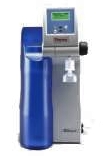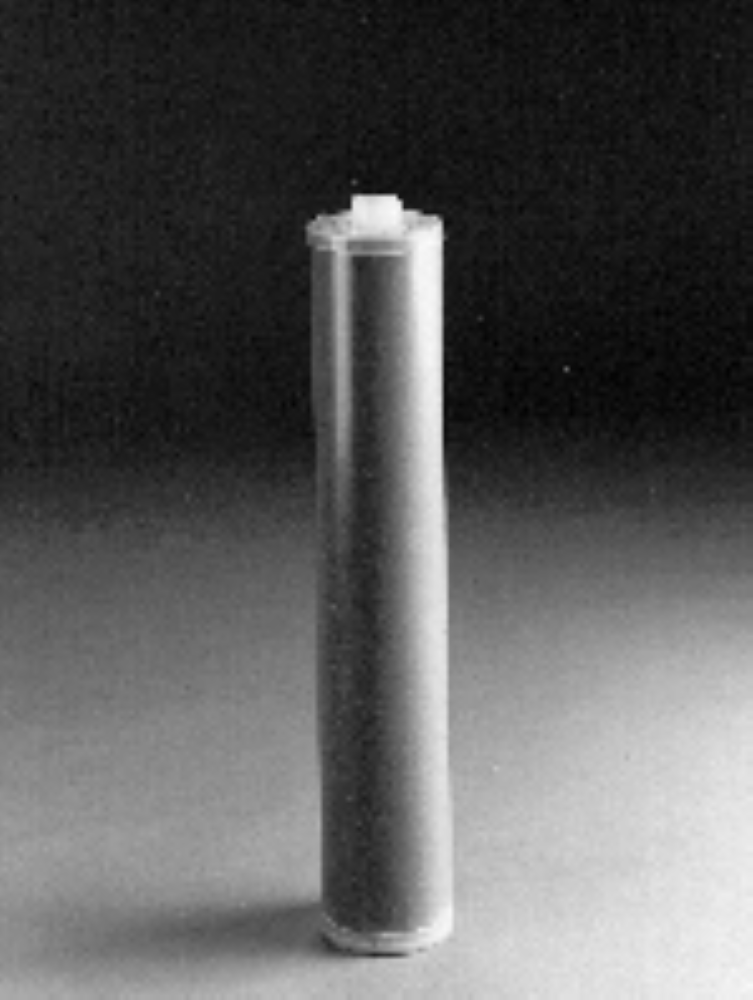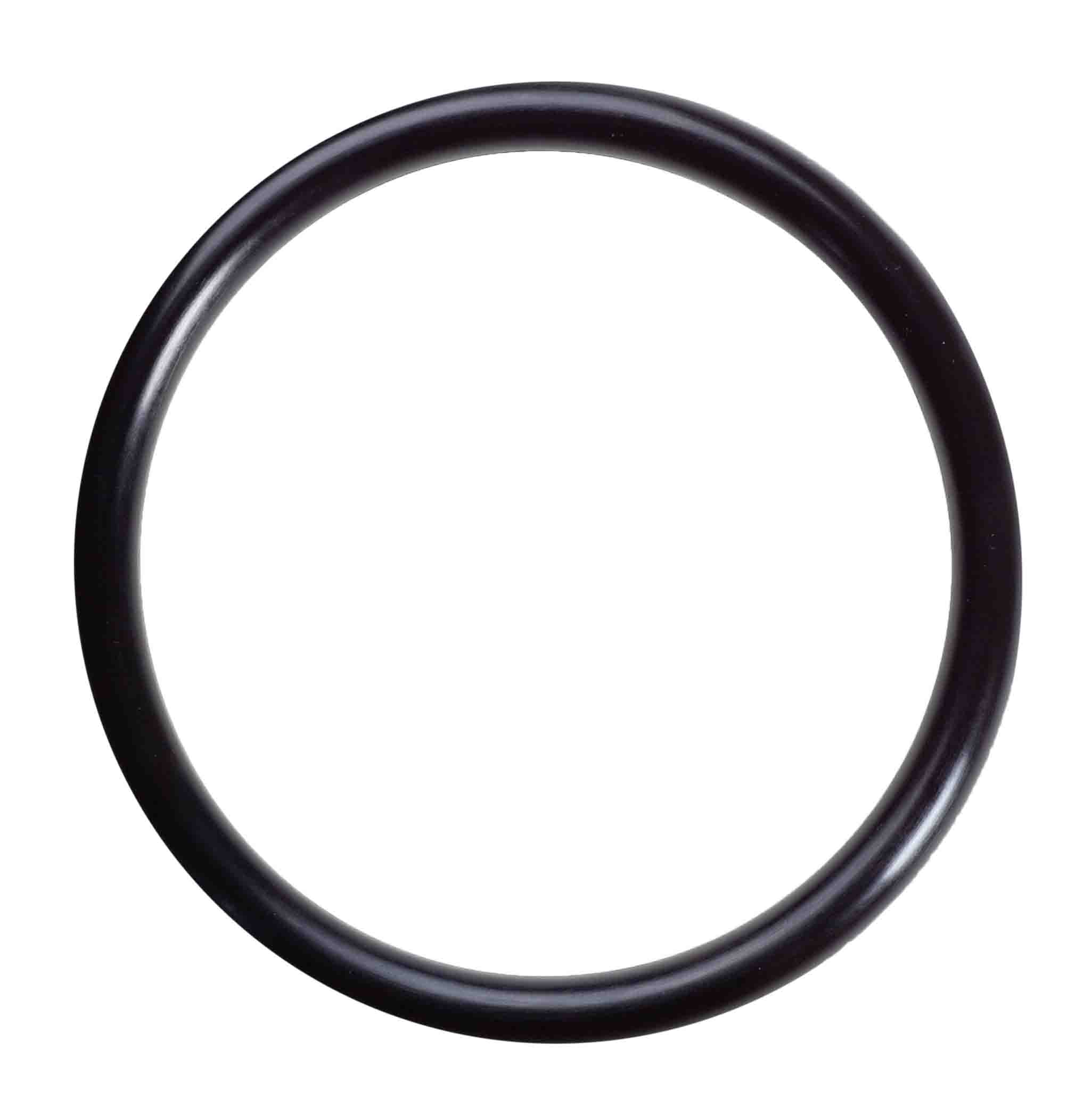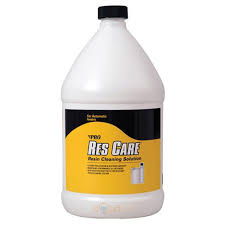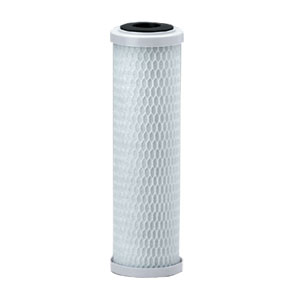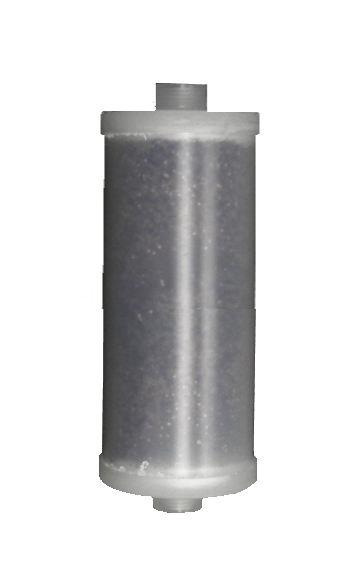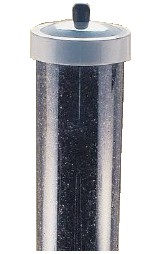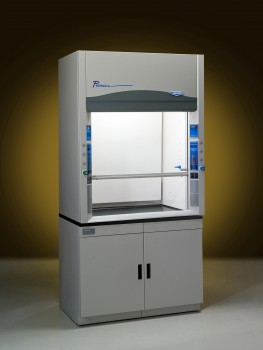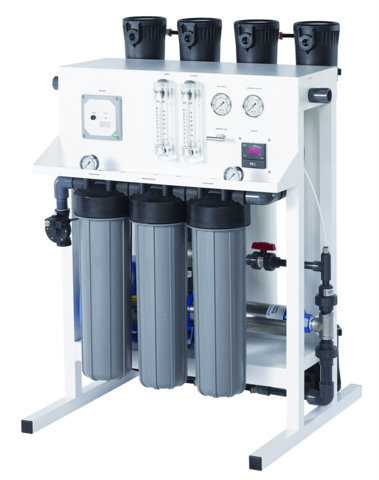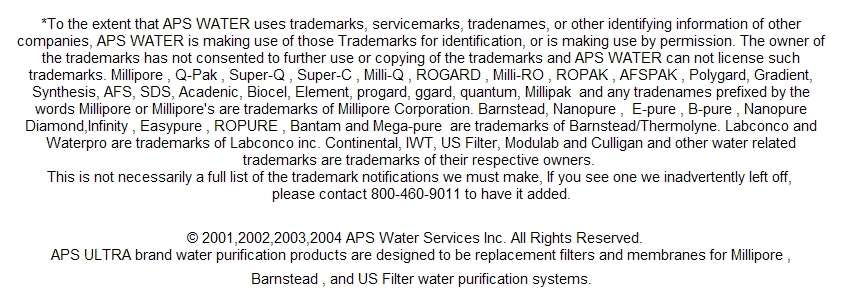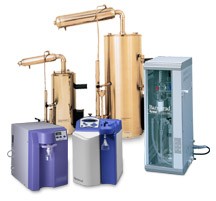 |
Need a New Laboratory Water System?
We have many to choose from. We can save you thousands on
Complete Systems and replacement filters for most brands. |
When is it time you change your lab water filters?
We get many calls asking 'When is it time to change my water filters?'
This is not the easiest question to answer because it depends on how you are using the purified water and what type of filters you have.
Servicing Intervals For Laboratory Water Systems
You need to consider whether or not bacteria, organic waste products and pyrogens in the water will affect your testing. The short answer is that the longer the filters are in place, the more bacteria that accumulates in the water system, the more organic, bacterial, DNASE, RNASE and pyrogens levels will be found in the purified water.
Inorganic Only Lab Applications
Most lab water systems have a resistivity reading on them, which would give a reading something like 18.2 Megohm. This is a measurement of the dissolved metals in water. If your testing only is for inorganic tests, like sodium, magnesium, general CBC, rinse or humidity applications then you would need to change the filters when the reading starts to fall below 18.2 Megohm. Since the filter will run 95% of its life at 18 Megohm or higher, as soon as it starts to drop you can be sure you have a very short time before the water will contain too many inorganic contaminants to use.
It should be noted that the first inorganic contaminates to come into the water as the filter exhausts would be Silica then Sodium. Silica being lightly charged does not show up on a resistivity meter so you can assume if the resistivity is falling you already have a significant level of Silica in the water.
Critical Organic and Inorganic lab tests
If you are doing testing or manufacturing where organic or bacterial contamination you give you problems, then it is important to change filters more often since these contaminants would not show on the standard resistivity reading.
A general rule of thumb for water systems used for low organic, bacteria free, pyrogen free and rnase free water, would require the filters be changed and the water system sanitized every 3-6 months. Some hypercritical applications may need to be serviced sooner.
To better understand when and how to service your lab water system, please call us and we will be happy to help.
|

Images are representative of the products. Images may or may not be of the actual product. If it is important e-mail us for an actual image if available.
* Flat Rate UPS shipping when able to ship via UPS and is in the USA excluding Hawaii and Alaska.
Larger Items may not be able to ship via UPS, in that case freight charges will be quoted seperately.
International shipping will be quoted after the order is placed. You will have the opportunity to cancel before we finalize your order.
Terms and conditions
Credit Application
Privacy
Policy
Google Apps
List All Products
|




